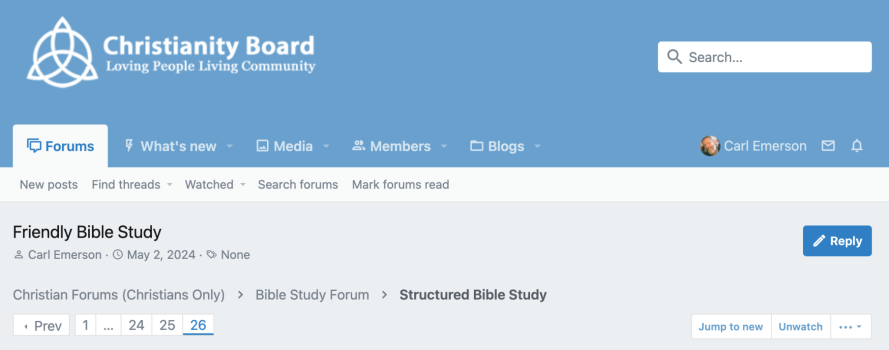@Brakelite @amadeus @Azim @Pearl @Rita @Ritajanice @APAK @MA2444 @faithfulness @GTW27 @Berean @rockytopva @quietthinker @ScottA @marks @grace @Oneoff @Hillsage @VictoryinJesus @Angelina @Johann @seatts79
OK - lets tackle Acts 5...
Here we see the empowered church in action.
Incidentally have you pondered on when the church was born ?
When was the authority to operate given?
We in fact see Jesus giving instruction on how to relate as a church way back in Mathew 18.
So the common belief that the Church was born at Pentecost is in doubt. The church was certainly empowered at Pentecost but I believe it formed earlier.
Back to Acts 5 - first is the extraordinary account of the Holy Spirits activity in the New Born Church and the Spirit of the Fear of the Lord in particular dominating the spiritual atmosphere.
Some folks don't believe that God's power struck down members who lied and attribute their demise to heart-failure from extreme fear.
However there is a strong parallel with the boy who steadied the Ark and was struck down by God's Power. In both cases the presence of God was mightily in their midst.
Peter was also moving in short term prophesy so the demand that the Prophetic gift must always be in the bounds of "edification, exhortation and comfort" does not always hold true.
We also see that in the matter of giving there was high respect for personal ownership and very much 'free will' without coercion. This means that when there was a common purse, the contributions were voluntary yet profoundly more impacting on the inequality among them, than what we hear of in the Church today.
Notice that they gathered in Solomons Portico - a public space - so from the get go, the community of believers was visible to the world as Jesus prayed in John 17. This was a prime factor in the extraordinary rate of growth that occurred.
Meetings were also house to house at the same time - I suspect these were more private meetings for breaking bread, the apostles teaching and prayer.
So the main heart of Church was home meetings it seems.
I wonder why we don't adopt this model today - it would certainly be much easier to finance - not sure if real estate should ever have been part of the plan.
Back in the 80's the Baptist Churches in Auckland were surveyed and they looked at the relationship between combined annual budgets and conversion growth - It was rather shocking - around $1,000,000 per. Convert.
Another point to note is that support for the Apostles was a heart response from the community rather than a commercial contract. Those who were seen to be gifted and used by God were set aside for service and taken care of for the time they were actively engaged. This meant that anointing defined ministry and length of service rather than credentials or contract.
We are privileged to have this level of detail concerning the events that occurred in the life of the early church and there are lessons to be learned around moving towards a more fruitful model of doing church in this present age.


